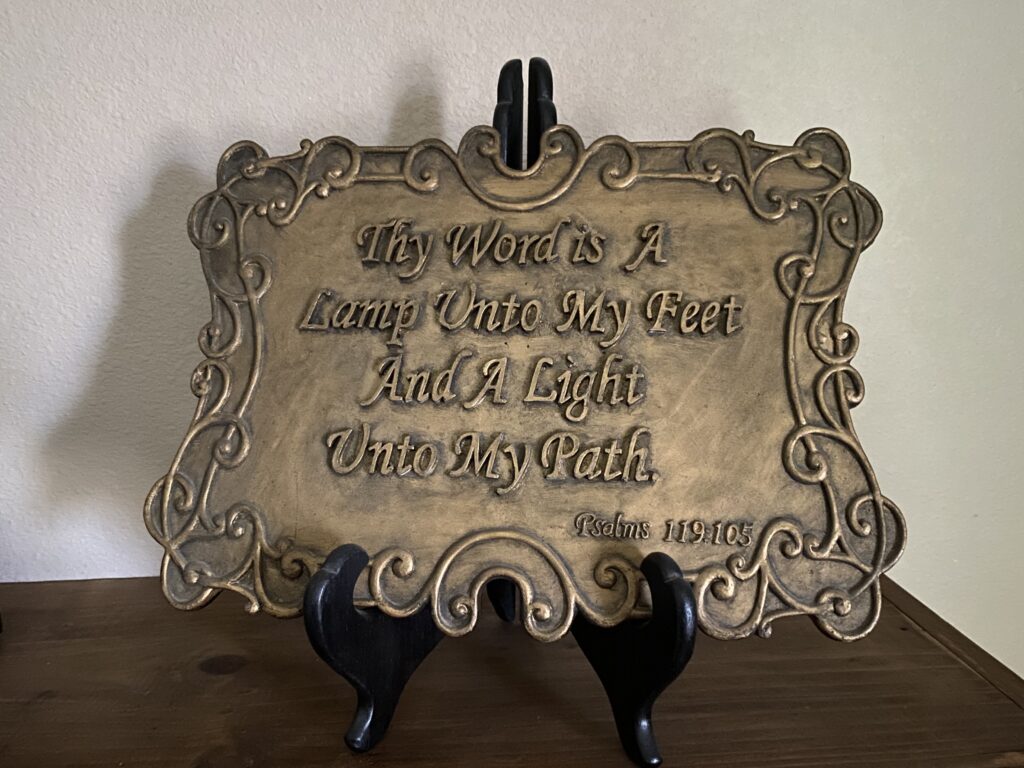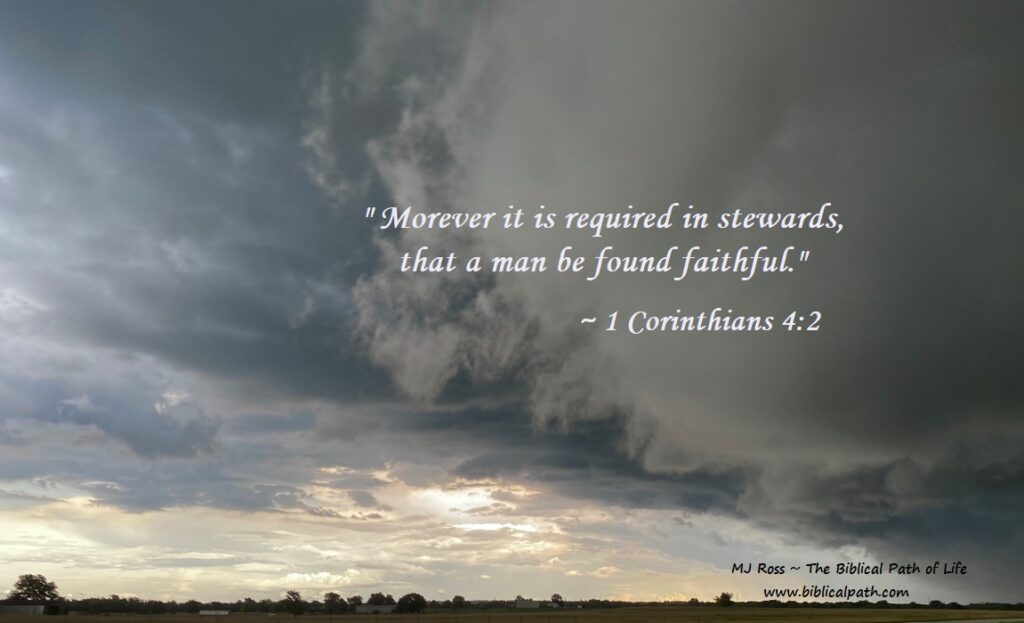
1 Corinthians 1:18
Many times in the Old Testament, we read of the promise of Jesus. No one knew His name, yet God’s people were to be looking for Him the same. At times, God revealed specific things He wanted the people to understand. “Behold, my servant shall deal prudently, he shall be exalted and extolled, and be very high” (Isaiah 52:13). “Behold, my servant” is speaking of Jesus. God said Jesus would “deal prudently” meaning Jesus would succeed in completing what God expected Him to do. Continuing through that verse, see that it says that Jesus will be “exalted and extolled” which means “to raise, or lift up; to carry off; take away; it is the idea of one who is a substitution bearing the guilt or punishment of sin.” So just from that one verse we understand that God told Isaiah that He would send Jesus who would complete the task of being lifted up as the one who would take away the guilt and punishment of sin by becoming the substitute – the one who took sinful man’s place. This is what God had promised Adam and Eve in the garden (see Genesis 3:15).
They were to be aware of the suffering death that this One would have to endure. Remember that when Jesus came, He was scourged and delivered to be crucified (see Matthew 27:26, 29-30). Why did this happen? “So shall he sprinkle many nations; the kings shall shut their mouths at him: for that which had not been told them shall they see; and that which they had not heard shall they consider” (Isaiah 52:15). Understand that this verse tells us that Jesus’ death would enable Him to “sprinkle” many nations. “Sprinkle many nations” means “to cleanse from sin; the Servant of the Lord came to make an atonement for the sins of even the Gentiles.” In the Old Testament, the people understood the high priest had to sprinkle the blood of the ram upon the altar to cover their sins for another year (see Exodus 29:20). God sent His Son to take away the sin (not cover), and allowed the entire world to “see” and then to “consider.” “See” means “to gain understanding”; and “consider” means “to observe; to pay attention to; to gain insight or understanding.” Each person has to see and decide (believe) for himself.
Immediately after Jesus death, burial, and resurrection, there were still many who did not understand what had happened, and many did not believe Jesus had even risen from the dead. There were two in particular who were on the road to Emmaus, not far from Jerusalem. On the evening of Jesus’ resurrection, they were walking and discussing all they had heard. Jesus joined them, walking and talking with them, yet they did not recognize Him (see Luke 24:15-16). When He asked what things they were discussing, they explained, “Concerning Jesus of Nazareth, which was a prophet mighty in deed and word before God and all the people: 20. And how the chief priests and our rulers delivered him to be condemned to death, and have crucified him. 21. But we trusted that it had been he which should have redeemed Israel: and beside all this, to day is the third day since these things were done” (Luke 24:19b-21). They were trying to “consider” but did not yet understand. After walking with them, listening to them as they continue their discussion, Jesus responded: “25. Then he said unto them, O fools, and slow of heart to believe all that the prophets have spoken: 26. Ought not Christ to have suffered these things, and to enter into his glory? 27. And beginning at Moses and all the prophets, he expounded unto them in all the scriptures the things concerning himself” (Luke 24:25-27). They needed to believe, by faith. “But to him that worketh not, but believeth on him that justifieth the ungodly, his faith is counted for righteousness” (Romans 4:5).
It is almost amazing to those today, who are Believers, to understand how they could not have recognized Jesus. However, many times in the Old Testament people should have understood and recognized what God was doing, yet they most of the time, they did not. All throughout the Old Testament, the people were taught of God, but they had a hard time understanding that He had been speaking of Jesus, who was to come. They lacked faith.
“For the preaching of the cross is to them that perish foolishness; but unto us which are saved it is the power of God” (1 Corinthians 1:18). See the following to help understand what this verse means:
- preaching means to speak intelligently about the word of the cross
- cross means the whole passion of Christ and the merit of His sufferings and death
- them that perish means exposed to eternal death
- foolishness means foolishness or absurdity
- saved means those who have obtained salvation through Christ and are kept by Him
- power means a person in whom the power of God is manifested
The “power of God” was revealed when Jesus came and finished what God had for Him to do. Jesus came to pay the penalty for sin, taking it away from any who would only believe.
Have you believed the preaching of the cross, becoming a Christian?








